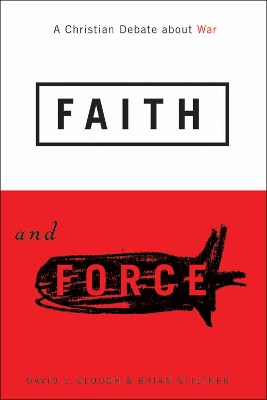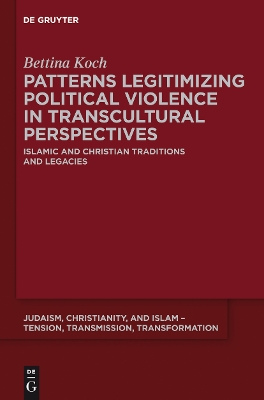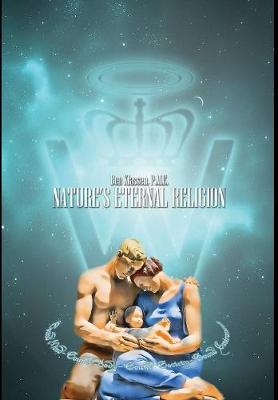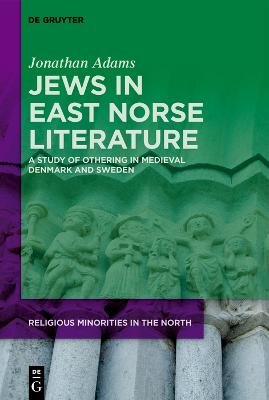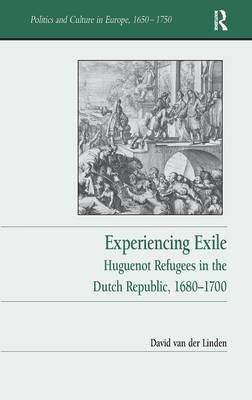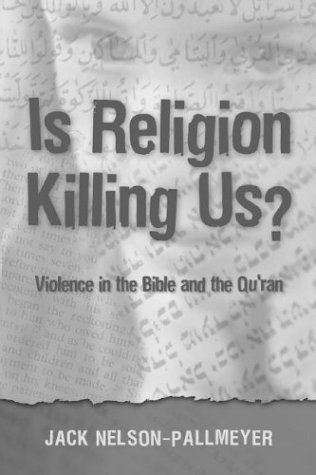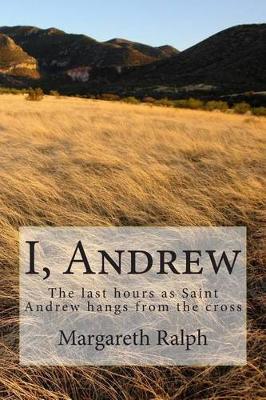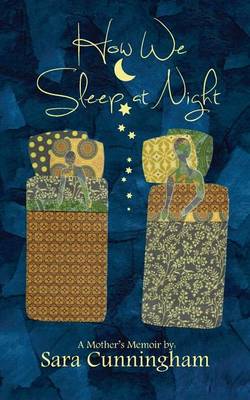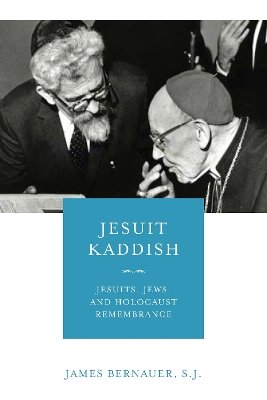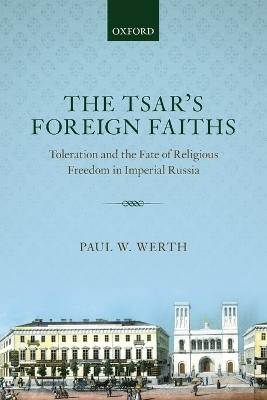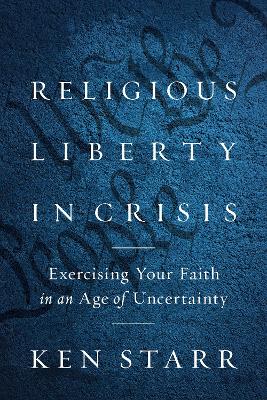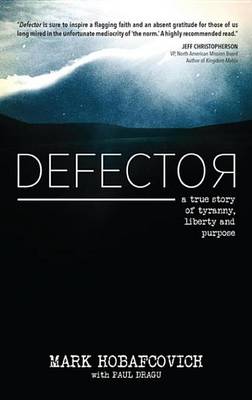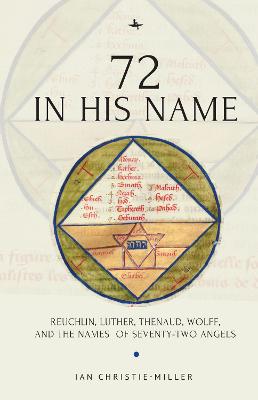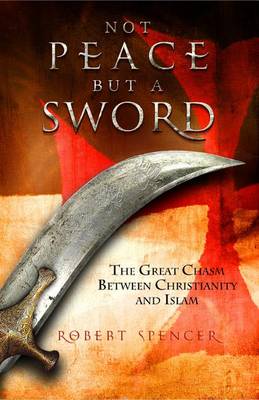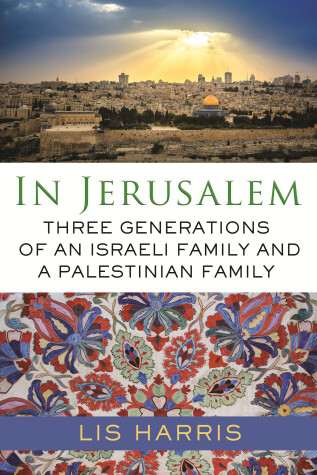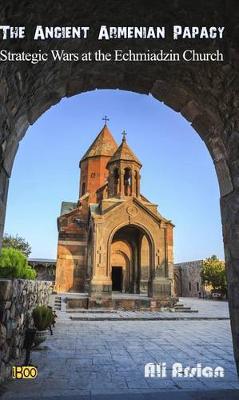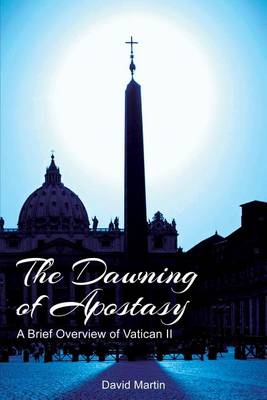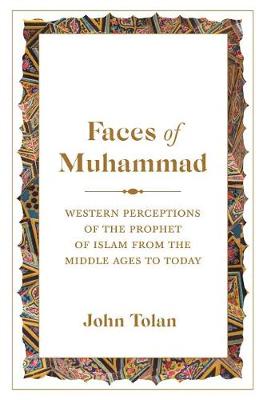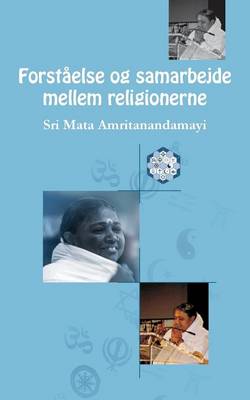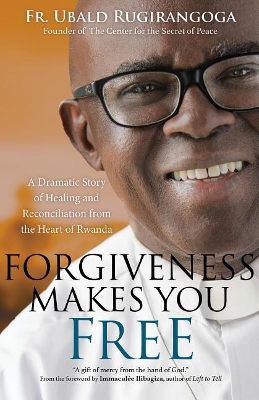"This book began in an argument between friends surprised to find themselves on opposite sides of the debate about whether the United States and the United Kingdom should invade Iraq in 2003. Situated on opposite sides of the Atlantic, in different churches, and on different sides of the just war/pacifist fence, we exchanged long emails that rehearsed on a small scale the great national and international debates that were taking place around us. We discovered the common ground we shared, as well...
This volume explores theoretical discourses in which religion is used to legitimize political violence. It examines the ways in which Christianity and Islam are utilized for political ends, in particular how violence is used (or abused) as an expedient to justify political action. This research focuses on premodern as well as contemporary discourses in the Middle East and Latin America, identifying patterns frequently used to justify the deployment of violence in both hegemonic and anti-hegemoni...
The first book to map out the ideological and philosophical framework of the religion of Creativity. The author, a former Florida state legislator, maps out his ideas on nature, race, religion in a way which is guaranteed to revolutionize a reader's worldview. It critiques Christianity, Judaism and Islam alike, discusses race in history and the lessons which have to learned and steps which have to be taken for the white race to survive. Finally it lays out the basis of the religion of Creativity...
Jews in East Norse Literature (Religious Minorities in the North)
by Jonathan Adams
What did Danes and Swedes in the Middle Ages imagine and write about Jews and Judaism? This book draws on over 100 medieval Danish and Swedish manuscripts and incunabula as well as runic inscriptions and religious art (c. 1200–1515) to answer this question. There were no resident Jews in Scandinavia before the modern period, yet as this book shows ideas and fantasies about them appear to have been widespread and an integral part of life and culture in the medieval North. Volume 1 investigates th...
Experiencing Exile (Politics and Culture in Europe, 1650-1750)
by David van der Linden
The persecution of the Huguenots in France, followed by the revocation of the Edict of Nantes in 1685, unleashed one of the largest migration waves of early modern Europe. Focusing on the fate of French Protestants who fled to the Dutch Republic, Experiencing Exile examines how Huguenot refugees dealt with the complex realities of living as strangers abroad, and how they seized upon religion and stories of their own past to comfort them in exile. The book widens the scope of scholarship on the H...
A provocative look at the violent content of 'sacred scripture' and what Jews, Christians, and Muslims must do to re-vision their faiths away from justifying violence. Post 9/11 attention has focused on Islam as a violent religion, but Nelson-Pallmeyer shows that the Bible and the Quran both have ample violence-justifying content to support "holy" and other wars. The challenge, he maintains, is to acknowledge violence in "sacred scripture" and re-vision God's power.
The Gospel in Dickens (Gospel in Great Writers)
by Charles Dickens
While much has been written about the Catholic Church and the Holocaust, little has been published about the hostile role of priests, in particular Jesuits, toward Jews and Judaism. Jesuit Kaddish is a long overdue study that examines Jesuit hostility toward Judaism before the Shoah and the development of a new understanding of the Catholic Church’s relation to Judaism that culminated with Vatican II’s landmark decree Nostra aetate. James Bernauer undertakes a self-examination as a member of the...
The Tsar's Foreign Faiths (Oxford Studies in Modern European History)
by Paul W. Werth
The Russian Empire presented itself to its subjects and the world as an Orthodox state, a patron and defender of Eastern Christianity. Yet the tsarist regime also lauded itself for granting religious freedoms to its many heterodox subjects, making 'religious toleration' a core attribute of the state's identity. The Tsar's Foreign Faiths shows that the resulting tensions between the autocracy's commitments to Orthodoxy and its claims to toleration became a defining feature of the empire's religio...
What was unfathomable in the first two decades of the twenty-first century has become a reality. Religious liberty, both in the United States and across the world, is in crisis. As we navigate the coming decades, We the People must know our rights more than ever, particularly as it relates to the freedom to exercise our religion. Armed with a proper understanding of this country's rich tradition of religious liberty, we can protect faith through any crisis that comes our way. Without that unders...
Leading figures at the dawn of the sixteenth-century Reformation commonly faced the charge of "judaizing": 72 In His Name concerns the changing views of four such men starting with their kabbalistic treatment of the 72 divine names of angels. Johann Reuchlin, the first of the four men featured in this book, survived the charge; Martin Luther's increasingly anti-semitic stance is contrasted with the opposite movement of the French Franciscan Jean Thenaud whose kabbalistic manuscripts were devote...
Islam...Is it a religion of peace?...Are Muslims an easy ally in the fight against global secularization and the culture of death?...Are their beliefs really so different than our own? New York Times best-selling author, Robert Spencer, of more than a dozen books dealing with Islam and the West, warns Christians against the danger of thinking that Islam is an easy ally and shines the light of truth on areas where Christians and Muslims don t just quibble over small details but fundamentally disa...
An entirely fresh take on the Israeli-Palestinian conflict that examines the life-shaping reverberations of wars and ongoing tensions upon the everyday lives of families in Jerusalem. An American, secular, diasporic Jew, Lis Harris grew up with the knowledge of the historical wrongs done to Jews. In adulthood, she developed a growing awareness of the wrongs they in turn had done to the Palestinian people. This gave her an intense desire to understand how the Israelis’ history led them to where...
Tolerance currently occupies a very high place in Western culture, a bit like motherhood and apple pie in 1950s America: it is considered gauche, even boorish, to question it. In The Intolerance of Tolerance, however, questioning tolerance or, at least, contemporary understandings of it is exactly what D. A. Carson does. Carson traces the subtle but enormous shift in the way we have come to understand tolerance over recent years from defending the rights of those who hold different beliefs to a...
Heretic and impostor or reformer and statesman? The contradictory Western visions of MuhammadIn European culture, Muhammad has been vilified as a heretic, an impostor, and a pagan idol. But these aren't the only images of the Prophet of Islam that emerge from Western history. Commentators have also portrayed Muhammad as a visionary reformer and an inspirational leader, statesman, and lawgiver. In Faces of Muhammad, John Tolan provides a comprehensive history of these changing, complex, and contr...
Forstaelse og samarbejde mellem religionerne
by Sri Mata Amritanandamayi Devi and Amma
